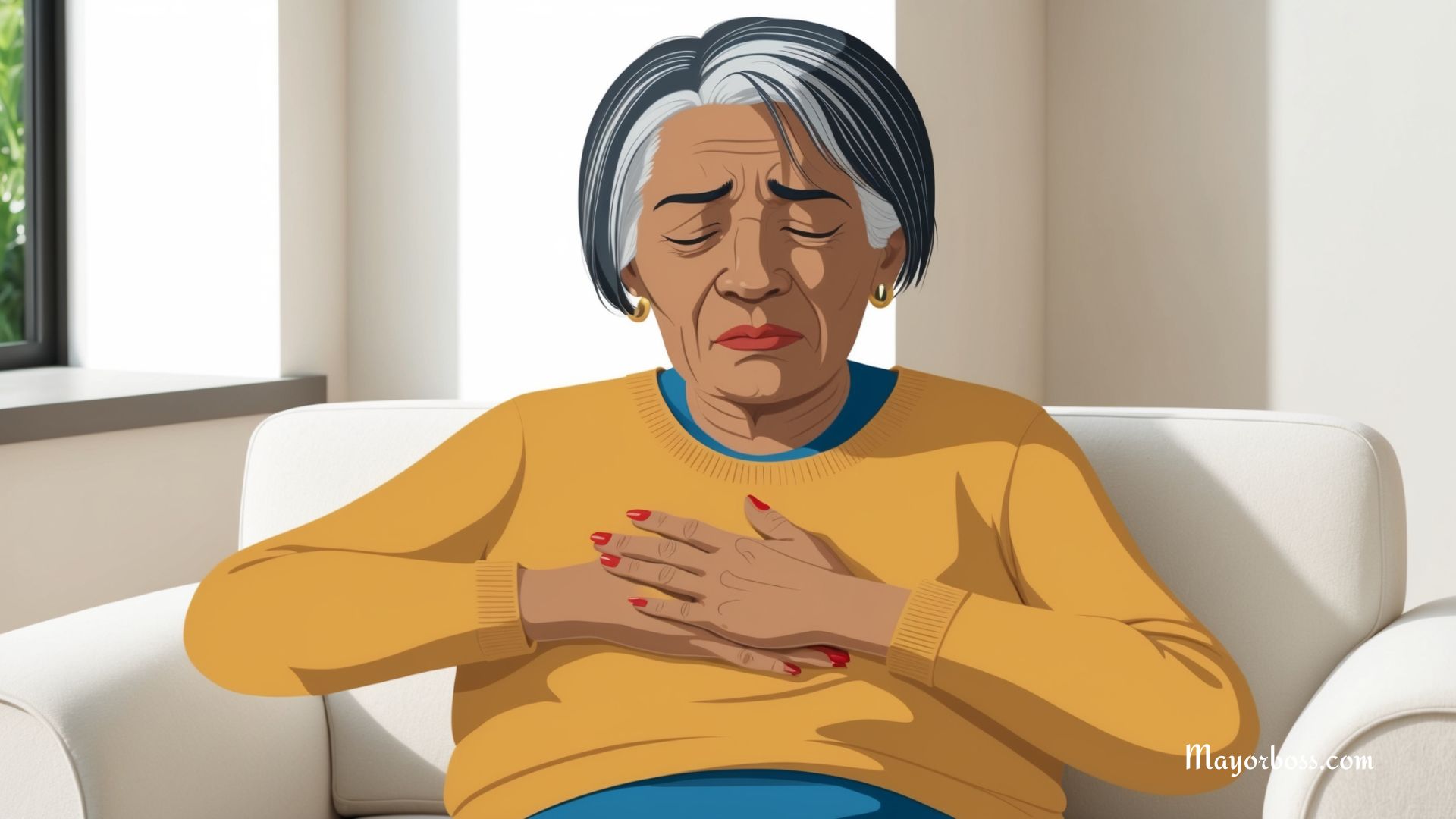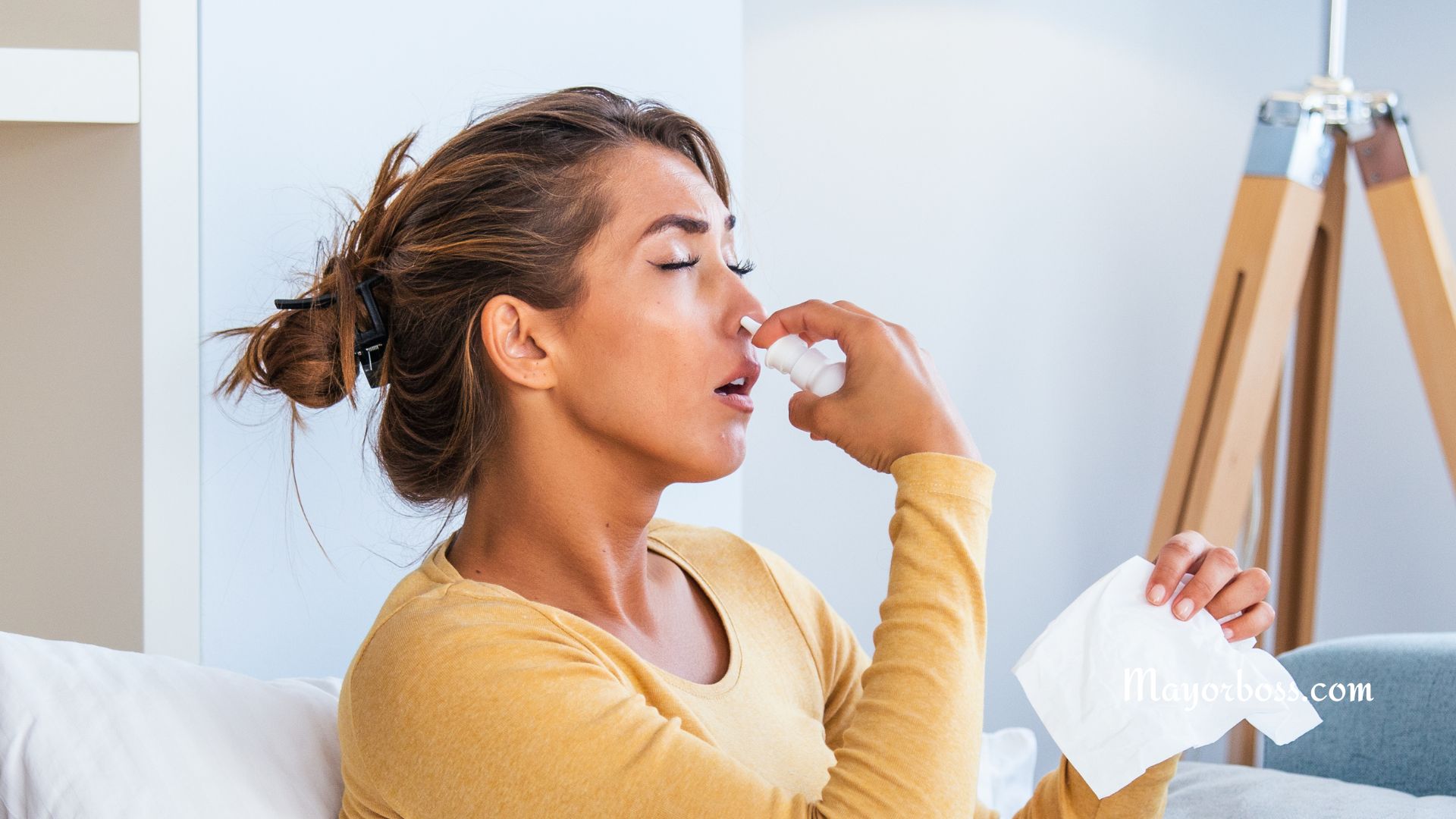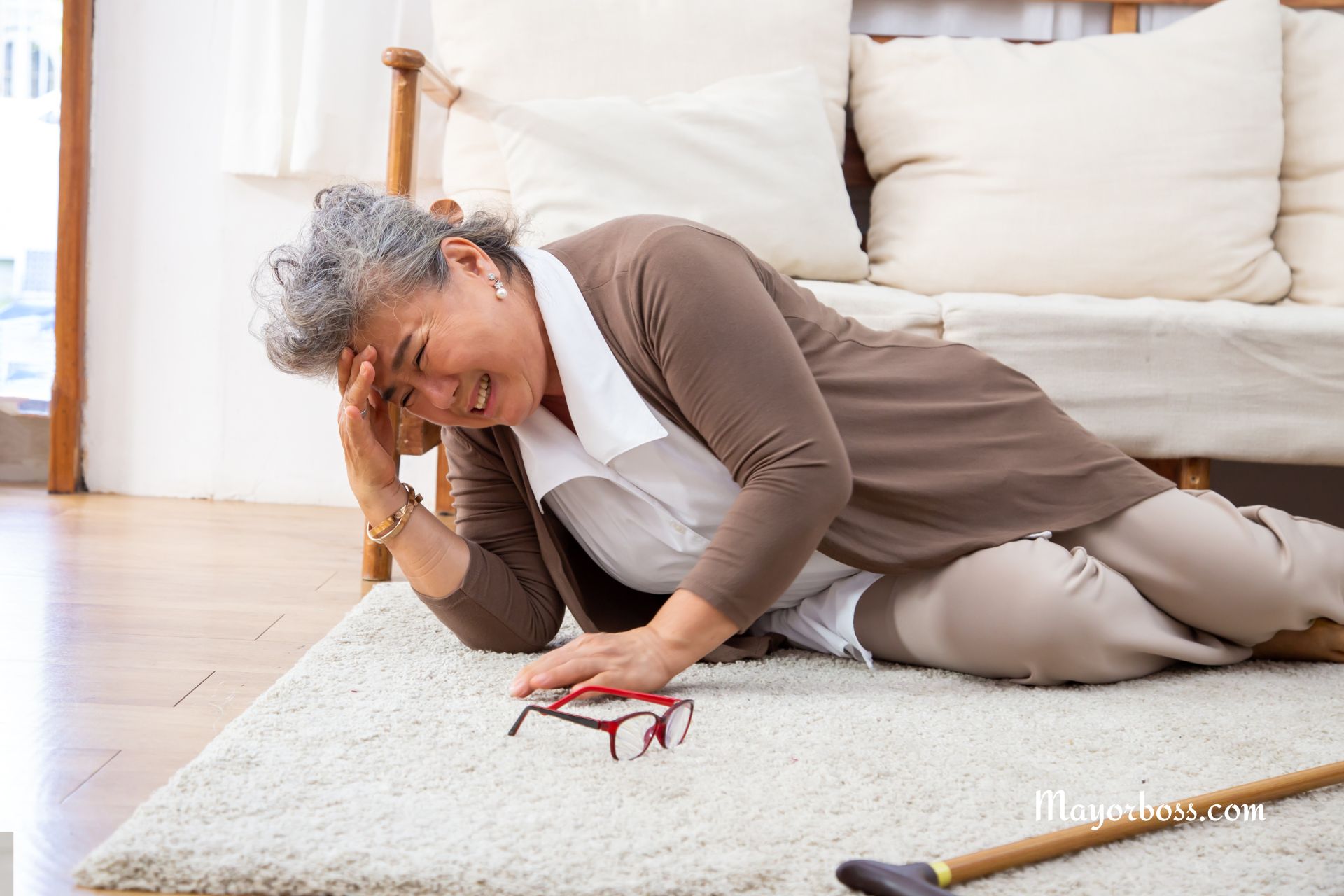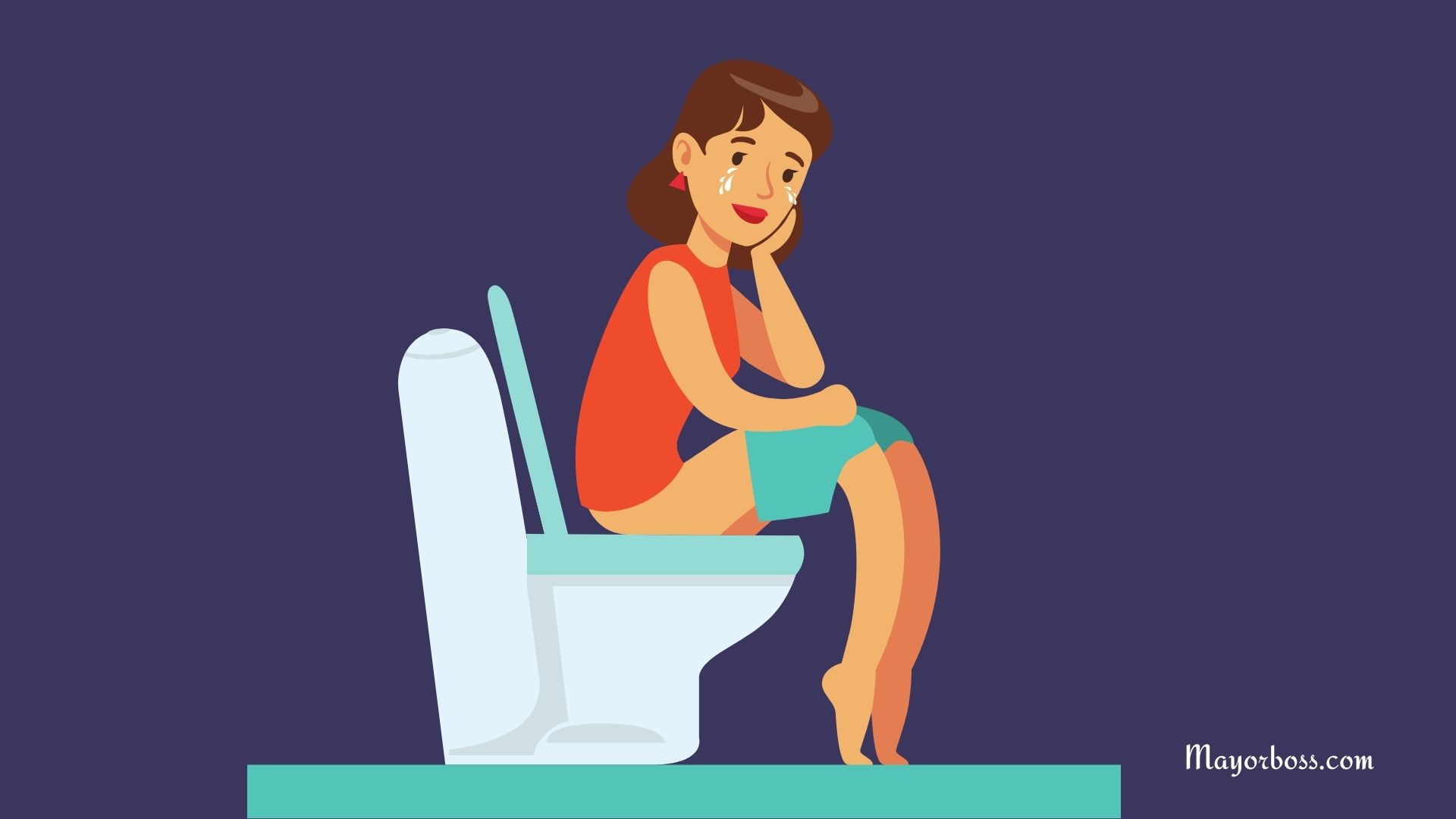Dangerous Water Drinking Habits That Are Silently Hurting You
Water is really important for our lives because our bodies are about 60% water. But even though drinking water seems simple, it can actually be harmful if you do it the wrong way. Some bad water drinking habits might be hurting your health without you even knowing it. Read on about these habits so you can make sure you’re drinking water the right way.
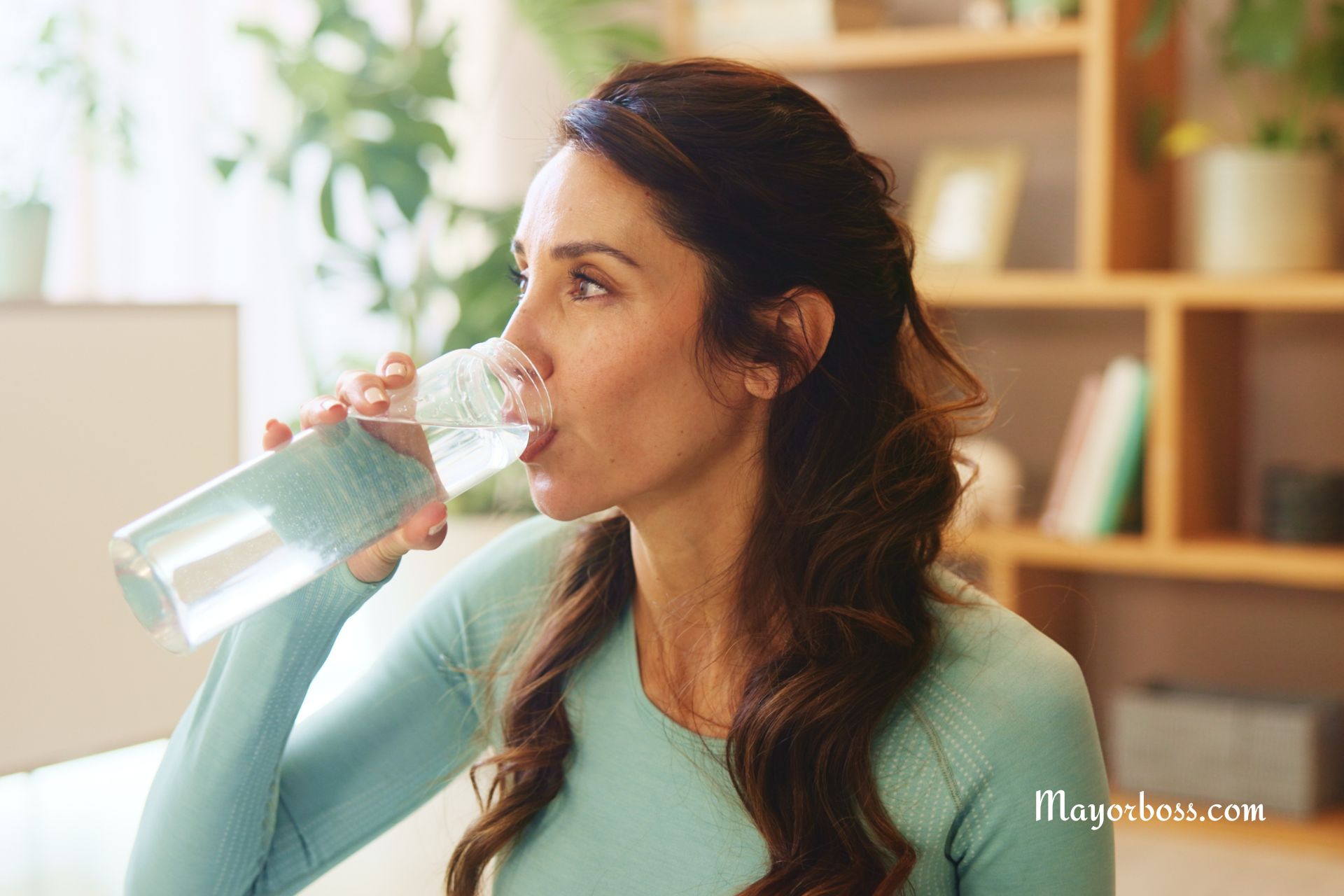
Drinking Too Much Water Can Be Harmful
Drinking water is important, but more isn’t always better. There is something called water intoxication, or hyponatremia, which happens when you drink too much water in a short time. This makes your blood sodium levels drop, leading to headaches, nausea, confusion, and even seizures. In very serious cases, it can be deadly. MedlinePlus says that having a good balance of electrolytes, like sodium, is important for your nerves and muscles to work well. Drinking too much water can screw up these important substances, which can be very dangerous for your body.
Drinking a Lot of Water During Meals Can Hurt Digestion
If you usually drink a lot of water when eating, you might want to change that habit. A small amount of water can help you swallow food, but drinking a lot of water while eating can make digestion harder. This is because it dilutes stomach acid and digestive enzymes that help break down your food.
According to health experts, too much water during a meal can slow down digestion, making it harder for your stomach to absorb nutrients. It is better to drink just a little water while eating, so your body can digest food properly.
Not Drinking Enough Water Can Cause Long-Term Problems
On the other hand, not drinking enough water can lead to serious health problems over time. Chronic dehydration can harm your kidneys, skin, and even your mental health. When you are dehydrated, it is harder for your body to control its temperature, keep up energy, and get rid of toxins. The Mayo Clinic says dehydration can lead to things like urinary tract infections, kidney stones, and trouble thinking clearly. If you often forget to drink water, it can cause tiredness, dizziness, and more frequent sickness.
Drinking Very Cold Water Might Not Be the Best for Your Body
A cold glass of water can be really refreshing, especially when it’s hot outside. But drinking very cold water all the time might not be great for your body. Some researchers think that very cold water can tighten blood vessels and make digestion harder. Cold water might also make mucus thicker, which can lead to breathing problems, especially if you have asthma. It’s a good idea to drink water that is closer to room temperature most of the time to avoid these problems.
Plastic Bottles Could Expose You to Harmful Chemicals
Plastic water bottles are convenient, but they can be dangerous if you use them all the time. Many plastic bottles contain Bisphenol A (BPA), which is linked to hormone problems and other health issues. According to a study from the National Library of Medicine, BPA can mess up hormones and may even increase the risk of some cancers. To be safe, you should switch to glass or stainless steel bottles. These are safer for your health and better for the environment.
Only Drinking Water When You’re Thirsty Might Not Be Enough
A lot of people only drink water when they feel thirsty, but this isn’t always a good idea. Thirst is actually a late sign of dehydration, meaning that by the time you’re thirsty, your body already needs water. Health experts suggest drinking water regularly throughout the day, even if you don’t feel thirsty. This is really important for older people because they may not feel as thirsty, putting them at a higher risk of dehydration.
Drinking Water Right Before Bed Can Interrupt Your Sleep
Staying hydrated is important, but drinking a lot of water right before bed can make you wake up in the middle of the night to use the bathroom. This is called nocturia. Waking up at night interrupts your sleep, which can lead to tiredness, trouble concentrating, and bad moods. The Cleveland Clinic suggests drinking most of your water earlier in the day and cutting down a few hours before bedtime to help you sleep better.
Tap Water Might Contain Harmful Contaminants
Depending on where you live, tap water might have contaminants like lead, chlorine, or pesticides. The Environmental Protection Agency (EPA) tries to make sure water is safe, but sometimes problems happen. It’s a good idea to filter your tap water to make sure it’s free from harmful things. The Centers for Disease Control and Prevention (CDC) says that some contaminants can cause stomach problems or even developmental issues in children. Using a good water filter can help you make sure your water is safe to drink.
Not Getting Enough Electrolytes Can Be Harmful
If you drink a lot of water but don’t get enough electrolytes, you could have problems. Electrolytes like sodium, potassium, and magnesium are needed for your muscles and nerves to work well. This is really important if you exercise a lot or are in hot weather. While sports drinks can help, they often have too much sugar. Instead, try adding a small pinch of sea salt to your water or eating a banana after working out to keep your electrolytes balanced.
Drinking Water Too Fast Can Make You Feel Sick
If you’re really thirsty, you might want to chug a lot of water, but this can actually be a bad idea. Drinking water too fast can cause bloating, stomach cramps, and discomfort. Health experts suggest that you sip water slowly so your body can use it better. Drinking too quickly can also make it easier for you to get water intoxication, especially if you drink a lot at once.
Drinking Contaminated Water While Traveling Can Make You Sick
When you’re traveling, especially in places where water quality is uncertain, drinking untreated or contaminated water can make you really sick. You could get bacteria, viruses, or parasites that cause Traveler’s Diarrhea or other problems. The Centers for Disease Control and Prevention (CDC) advises travelers to drink bottled water from a trusted source or use water purification tablets. It’s always better to be careful when you’re not sure if the water is safe.

